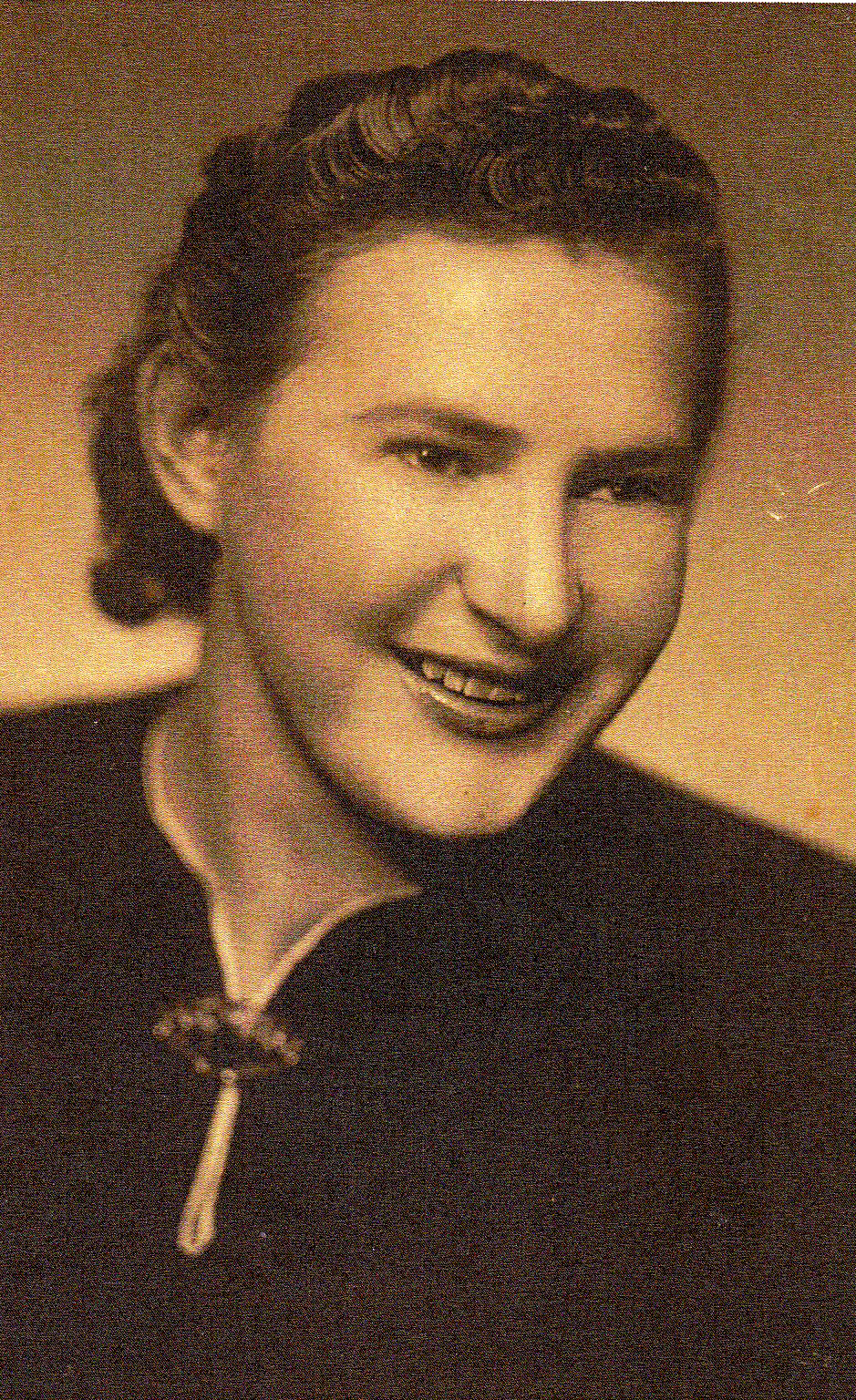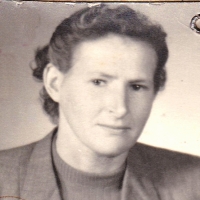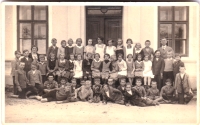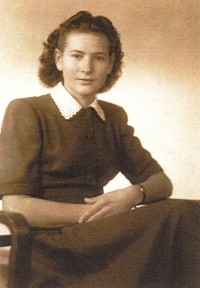A minister called Moravec gave our year as a gift to Hitler and we had to go to work in Germany

Download image
Josefa Povolná, née Lososová, was born on February 12, 1924 in Dobronice near Bechyně to a poor family, the last of five siblings. The father, a polisher, commuted to work in Prague, where he had a more secure job and a higher income. She experienced the Nazi occupation of Czechoslovakia when she was fifteen, i.e. just after finishing primary school. Soon after, she started working at the Bechyně spa. German children lived there during the protectorate. In 1944, as the witness says, the collaborating protectorate minister Emanuel Moravec “donated” her entire year to Hitler for work. From March of that year, she was fully deployed in an engineering company in Esslingen near Stuttgart. Unlike most other witnesses, he does not remember that time badly. A large part of the Germans there, including the boss at the factory, behaved very politely towards her and her Czech friends, they did not show their superiority in any way, as was usual elsewhere. On the contrary, the witness claims that some of them were very accommodating and fair. The boss at the factory willingly let her back to Bohemia for the funeral of a friend from the village, who was totally deployed in Graz and died there during the bombing. She did not return to Germany, however, because Stuttgart, as one of the industrial centers, was a frequent target of air raids and Allied troops were approaching it. However, Josefa Povolná could not forget the total commitment. At the age of 80, she (thanks to her niece who married in Germany) returned to the places where she worked in 1944 and looked for her old acquaintances there. She managed to meet their descendants and find the pub where she lived during the war, as well as the site of the factory, now converted into apartments. She spent her last years in the G-centre in Tábor.




